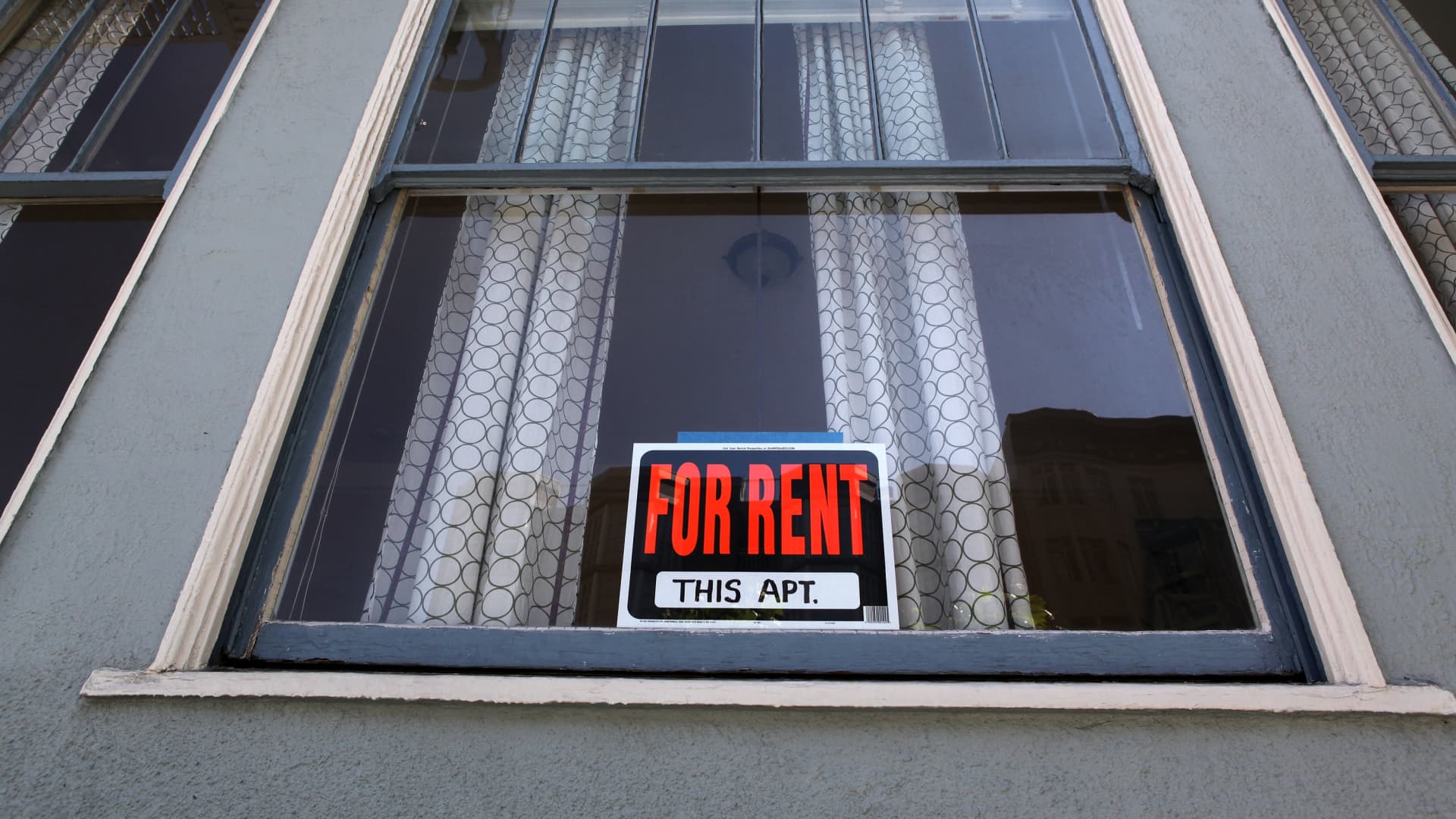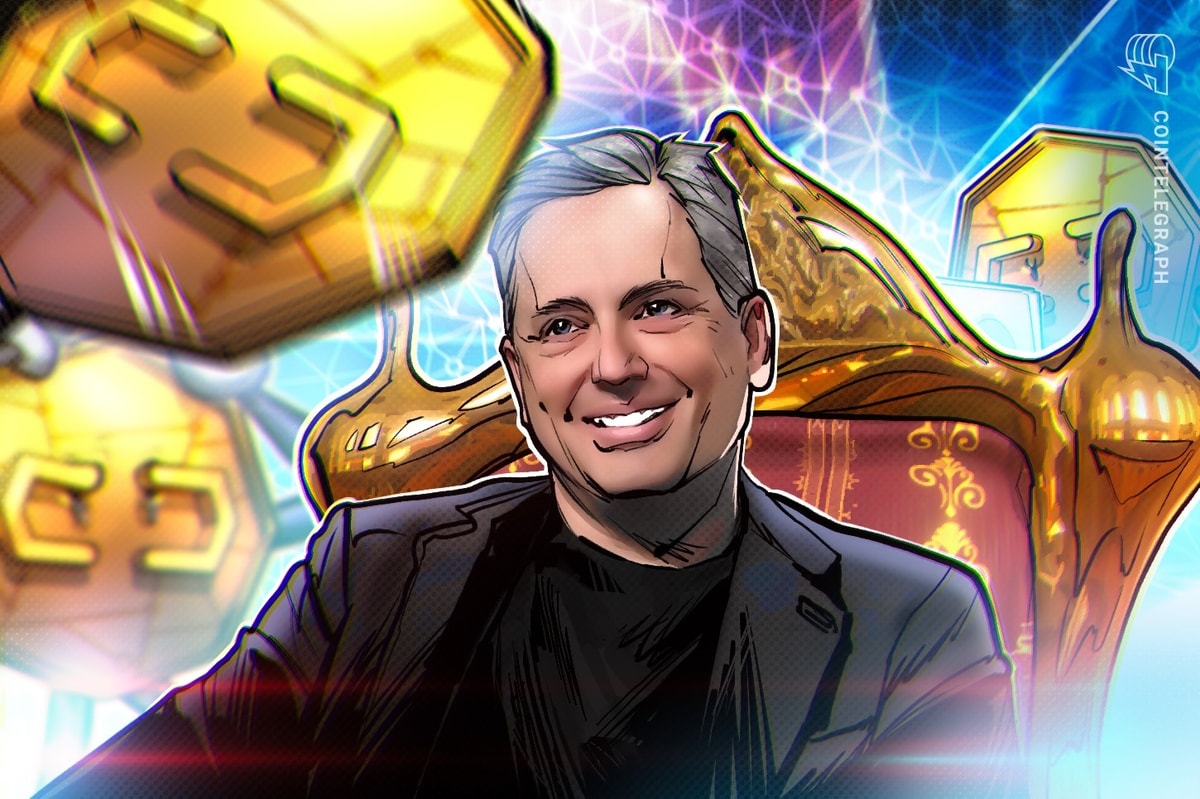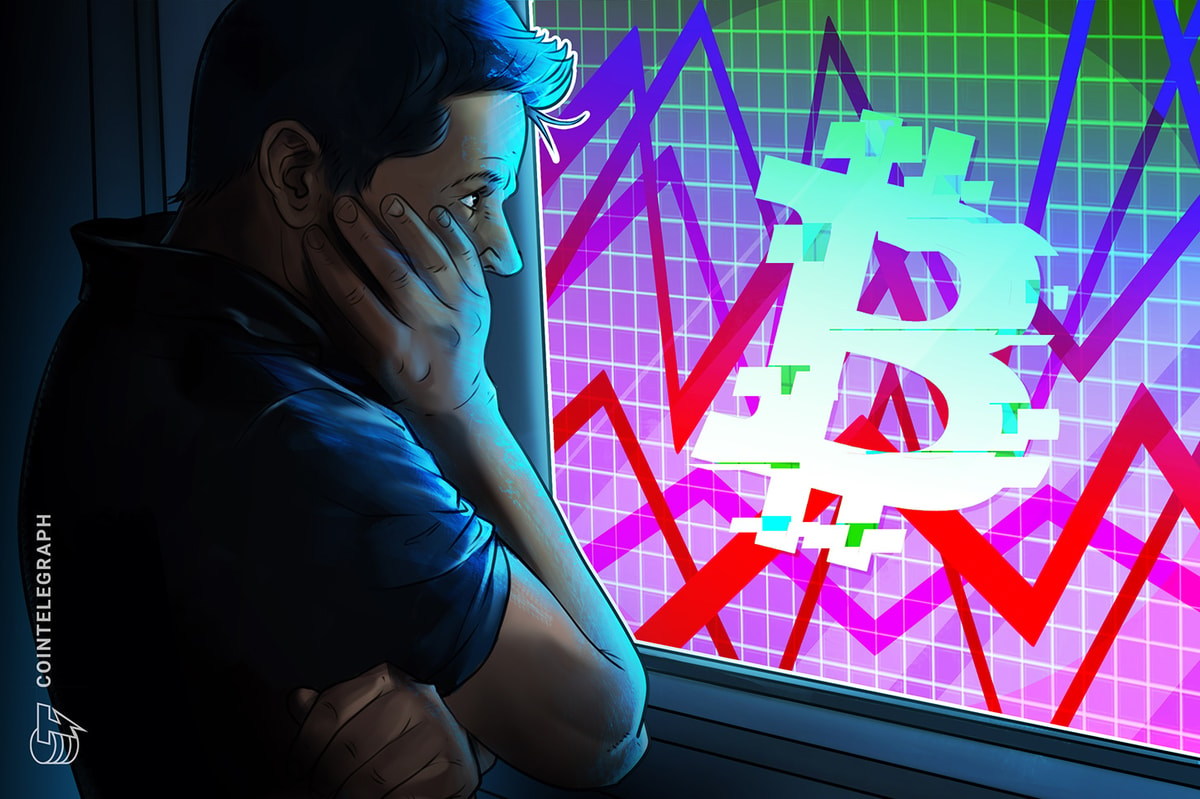Consumer inflation expected to have run hot in September, boosted by rent
4 min read
Getty Images
Stoked by rising rent costs, consumer inflation is expected to have remained hot in September but slightly lower than August’s pace.
The closely-watched consumer price index is released Wednesday at 8:30 a.m. ET, and is a critical inflation report ahead of the Federal Reserve’s next interest rate decision in early November. The Fed is widely expected to take another swing at curbing inflation, with a three-quarter point rate hike on Nov. 2.
Economists expect the consumer price index rose 0.3% in September, up from 0.1% in August, according to Dow Jones. That would mean inflation was running at an annual pace of 8.1%, down from 8.3%.
Excluding food and energy, CPI is expected to have risen 0.4%, down from 0.6% in August. But the annual rate of 6.5% core inflation is expected to be higher than the 6.3% seen in August, due to base effects.
“The core inflation is going to be higher so it’s still an inflation that hasn’t peaked yet in many ways. There’s still more risks of supply side shocks,” said Diane Swonk, KPMG chief economist.
She added that energy costs are expected to decline again but could rise later on, after OPEC+ said it would trim crude oil production by 2 million barrels a day. In coming months, she also expects to see some impact from Hurricane Ian.
By November and December, prices in some categories could be affected by the hurricane as Floridians replace cars and repair or rebuild homes ravaged by Ian in its trek across the southeast. That could drive up building materials costs, new and used car prices, and the cost of everything from appliances to home furnishings.
Bank of America expects core goods were up by 0.2% in September, down from the 0.5% gain in August. Services are expected to rise by 0.5%, driven by shelter costs, which are 40% of CPI. Bank of America economists expect food prices to be up 0.7%, slightly slower than the 0.8% gain in August. After falling 5% in August, energy costs are expected to decline by another 3.5%.
Economists expect that services inflation continued to run hot in September, due to rising wages and labor shortages. Prices are expected to have been higher for rents and all shelter, including hotels. Education costs are expected to have risen as schools and daycare reopened, and medical services costs were also seen moving higher. Airfares and car insurance were also expected to rise, but used car prices are mostly expected to decline.
“Every month core goods doesn’t come down is a sign demand is outstripping supply,” said Michael Gapen, chief U.S. economist at Bank of America. “It means the Fed has to dampen demand more than it may want to.”
Goldman Sachs economists expect rent inflation to remain high in September, running at 0.7% month-over-month. That level is consistent with the three-month trend.
While the trend in shelter costs in CPI has been moving higher, it is lagging the actual rental market. The Goldman economists see the potential for a slowdown in housing-related inflation.
“Asking rents on new leases have slowed sharply, and the surge in multifamily construction combined with notable softening in rental demand points to further deceleration,” wrote the economists. “We expect shelter inflation to slow to a 0.4-0.5% monthly pace by year-end and peak at around 7% year-over-year early next year.”
Intense focus on inflation
The market focus on the CPI is intense since it is considered to be a major input for the Fed. Last week’s solid September jobs report gave little hope to investors that the Fed could slow its rate hikes.
“I don’t think the employment report gave them much ground to stand on in terms of changing their tune,” said Gapen.
The Fed has raised the fed funds target rate range to 3% to 3.25% since March, when it was zero to 0.25%. Economists expect the Fed could raise rates by at least another full percentage point before the end of the year.
“If CPI comes in strong, the markets will sell off. Equities won’t like it,” said Gapen. “If it comes in a little lower, they’ll say the labor market is still strong, they’re going to hike 75 [basis points].” Unless the report is a major miss to the downside, the markets will expect a three-quarter point rate hike, he said.
“Inflation has proven to be difficult to forecast and given the negative ‘shock’ from the August CPI (9/13), it would be difficult for any investor to have conviction going into this report,” wrote Fundstrat founder Tom Lee.
Lee noted that hotter-than-expected inflation reports from December, January and August spurred large stock market declines when they were released. However, improving reports from February, June and July had the opposite effect.







